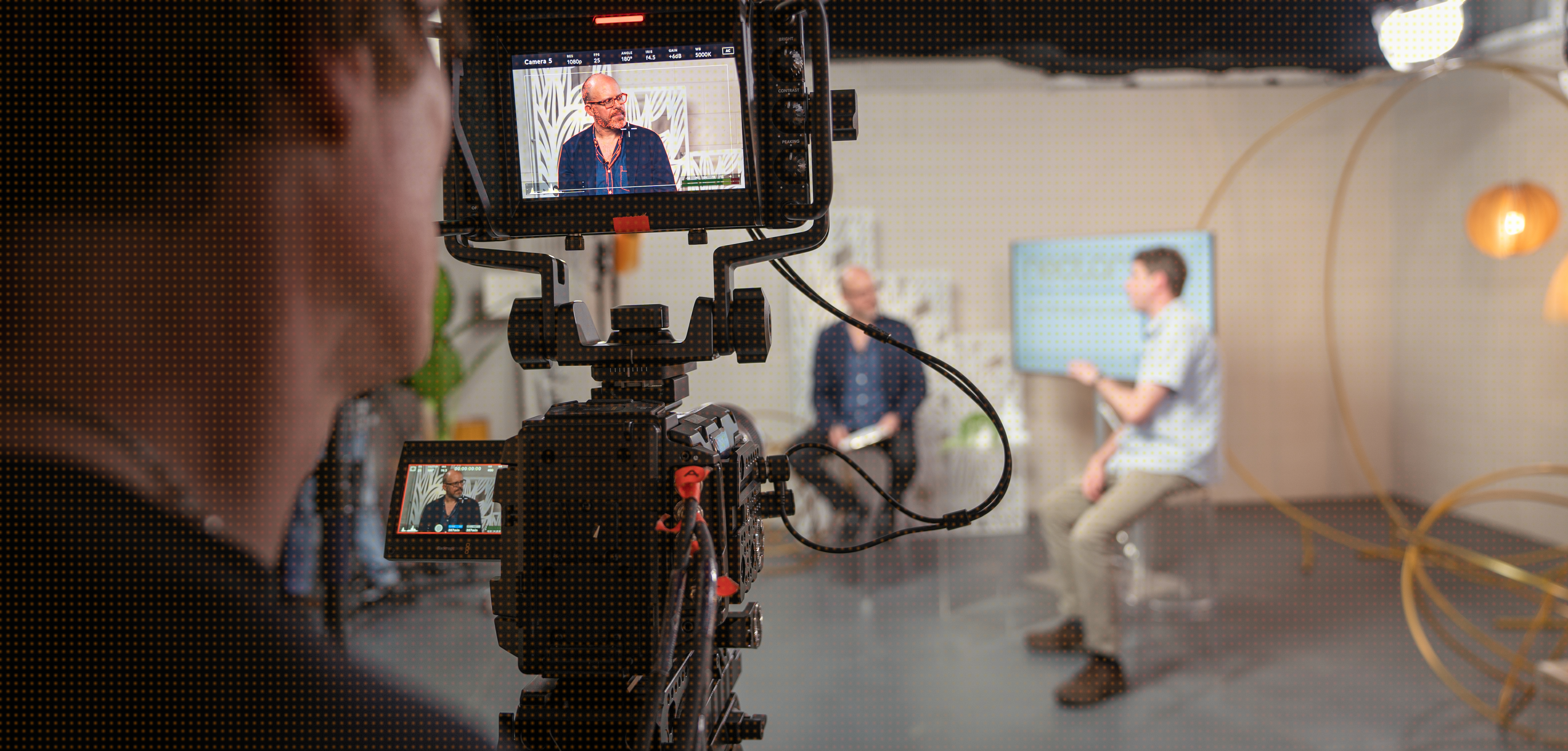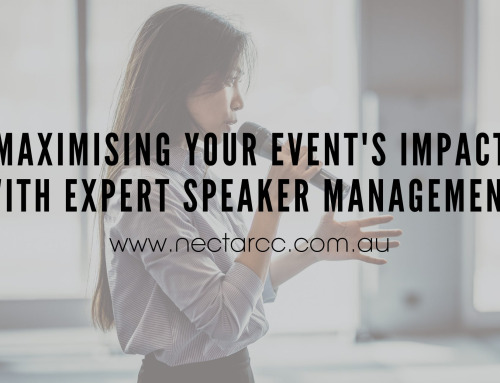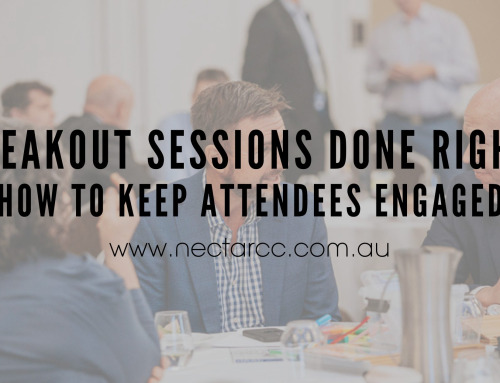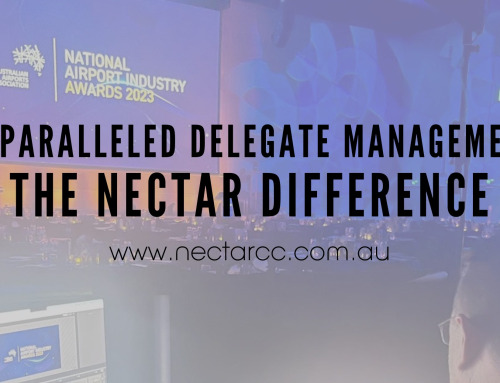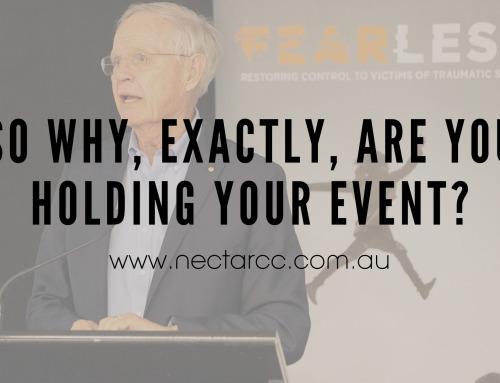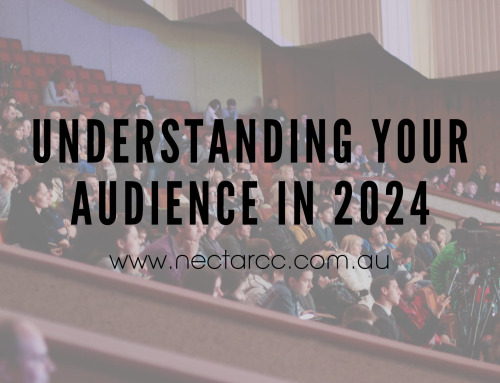Since the world of live events was put on hold earlier this year the industry has been working hard to find new ways forward and one option that many are turning to is that of virtual events. With this option providing the most economically viable solution to gathering large groups of people together in a contracting economic environment, it’s a good chance this will be the future of events for a while to come. However we’ve noticed that outside the industry there seems to be a level of misunderstanding around the difference between a Virtual Event Platform and a Virtual Event Producer.
So what is a Virtual Event Platform?
While virtual and hybrid events are actually not new, the range of platform options and certainly the sophistication of the technology available has increased exponentially in the last few months. In terms of the role a Virtual Event Platform fulfills, the best way to describe it is as your ‘virtual venue’. Like a venue they are designed to provide a location where your attendees, speakers, sponsors and exhibitors can learn, meet, connect, network and hopefully do some business. And just like a venue might vary from the very simple and straightforward such as a community hall right up to something sophisticated like a purpose built multi-room convention centre, so too can the variety of virtual event platforms.

The complexity of a platform will determine the level of functionality that’s available. While some might simply provide for one-way communication from speakers with involvement from participants limited to Q&A and polling, others can offer much, much more. For example, we work with a platform called OnAIR by EventsAIR which allows for multiple streams, break out rooms, networking, meeting hubs, facilitated networking, a virtual exhibition, gamification, live support and more – all with an easy to navigate interface that can be branded and tailored to your event.
How is that different to a Virtual Event Producer?
So continuing with the same analogy, if the platform replicates the role of a venue in the ‘old world’ of live events, there would be a lot more required beyond this to make for a successful event. In this new world this is where you need a Virtual Event Producer.
For example for a successful virtual event, you need to craft a relevant and engaging program and then shape and deliver this in a meaningful and measurable way. Connectivity needs to be fostered between the speakers and your audience as well as amongst the audience themselves. Of course then there are all the challenges around virtual session production, logistics, ticketing, exhibiting and sponsoring that also need to be managed. Your Virtual Event Producer will also help train your speakers to present remotely, provide AV and set up tips as well as provide guidance on how to to structure your event to not only successfully engage but truly connect with an online audience. They can also help with converting your existing event to a virtual format in such a way to maximise return on any sunk costs.

In short, virtual event platforms are a bit like a shiny new power tool. Anyone can pop down to Bunnings to buy one, view some clips on youtube and then see what it can do but its only in the hands of a professional that its true potential might be realised.
Finally it’s worth keeping in mind that at its heart, events both virtual and in-person are about connecting people with the purpose of generating an outcome. So if you are looking at taking your event online remember to focus first and foremost on the fundamentals of what you are trying to achieve before deciding the best tech option to help you achieve that desired outcome.
The team at Nectar are Virtual Event Producers – we’d love to chat with you about how we can help with your virtual, hybrid or in-person conference or event.
